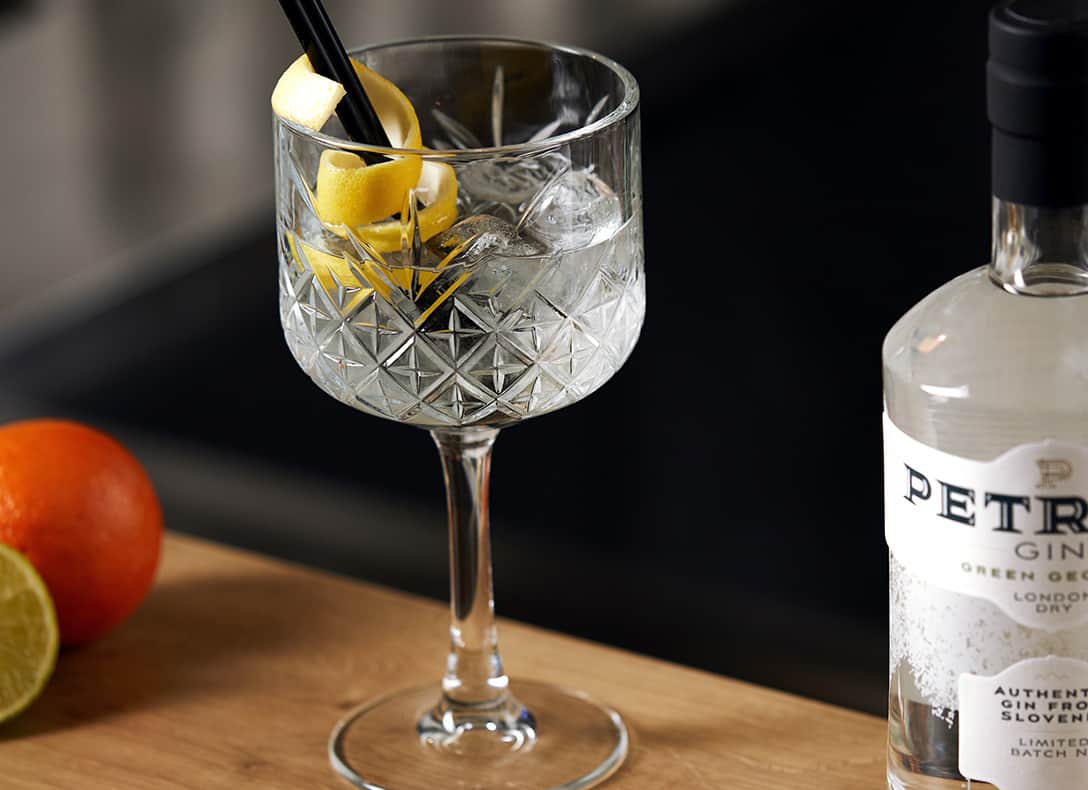Gin is a juniper berry-flavored grain spirit . The word is an English shortening of Genever, the Dutch word for juniper. The origins of Gin are rather murky. In the late 1580s a juniper-flavored spirit of some sort was found in Holland by British troops. Who were fighting against the Spanish in the Dutch War of Independence. They gratefully drank it to give them what they soon came to call “Dutch courage” in battle. The Dutch themselves were encourage by their government to favor such grain spirits over imported wine. And brandy by lack of excise taxes on such local drinks.
A clearer beginning was a few decades later in the 1600s when a Dr. Franciscus de la Boë in the university town of Leiden created a juniper and spice-flavored medicinal spirit that he promoted as a diuretic. Genever soon found favor across the English Channel; first as a medicine (Samuel Pepys wrote in 1660 of curing a case of “colic” with a dose of “strong water made with juniper”) and then as a beverage.
When the Dutch Protestant William of Orange and his English wife Mary became co-rulers of England after. The “Glorious Revolution” drove James II from the throne, he moved to discourage the importation of brandy from the Catholic wine-making countries by setting high tariffs. As a replacement he promoted the production of grain spirits (“corn brandy” as it was know at the time) by abolishing taxes. And licensing fees for the manufacture of such local products as Gin. History has shown that prohibition never works, but unfettered production of alcohol has its problems too.
By the 1720s it was estimate that a quarter of the households in London were use for the production or sale of Gin. Mass drunkenness became a serious problem. The cartoonist Hogarth’s famous depiction of such behavior in “Gin Lane” shows a sign above a Gin shop that states. “Drunk for a penny/Dead drunk for twopence/Clean straw for Nothing.” Panicky attempts by the government to prohibit Gin production. Such as the Gin Act of 1736, resulted in massive illicit distilling. And the cynical marketing of “medicinal” spirits with such fanciful names as Cuckold’s Comfort and My Lady’s Eye Water.
A combination of reimpose government controls, the growth of high-quality commercial Gin distillers. The increasing popularity of imported rum, and a general feeling of public exhaustion gradually brought this mass hysteria under control. Although the problems caused by the combination of cheap Gin and extreme poverty extended well into the 19th century. Fagin’s irritable comment to a child in the film Oliver -“Shut up and drink your Gin!”-had a basis in historical fact.

